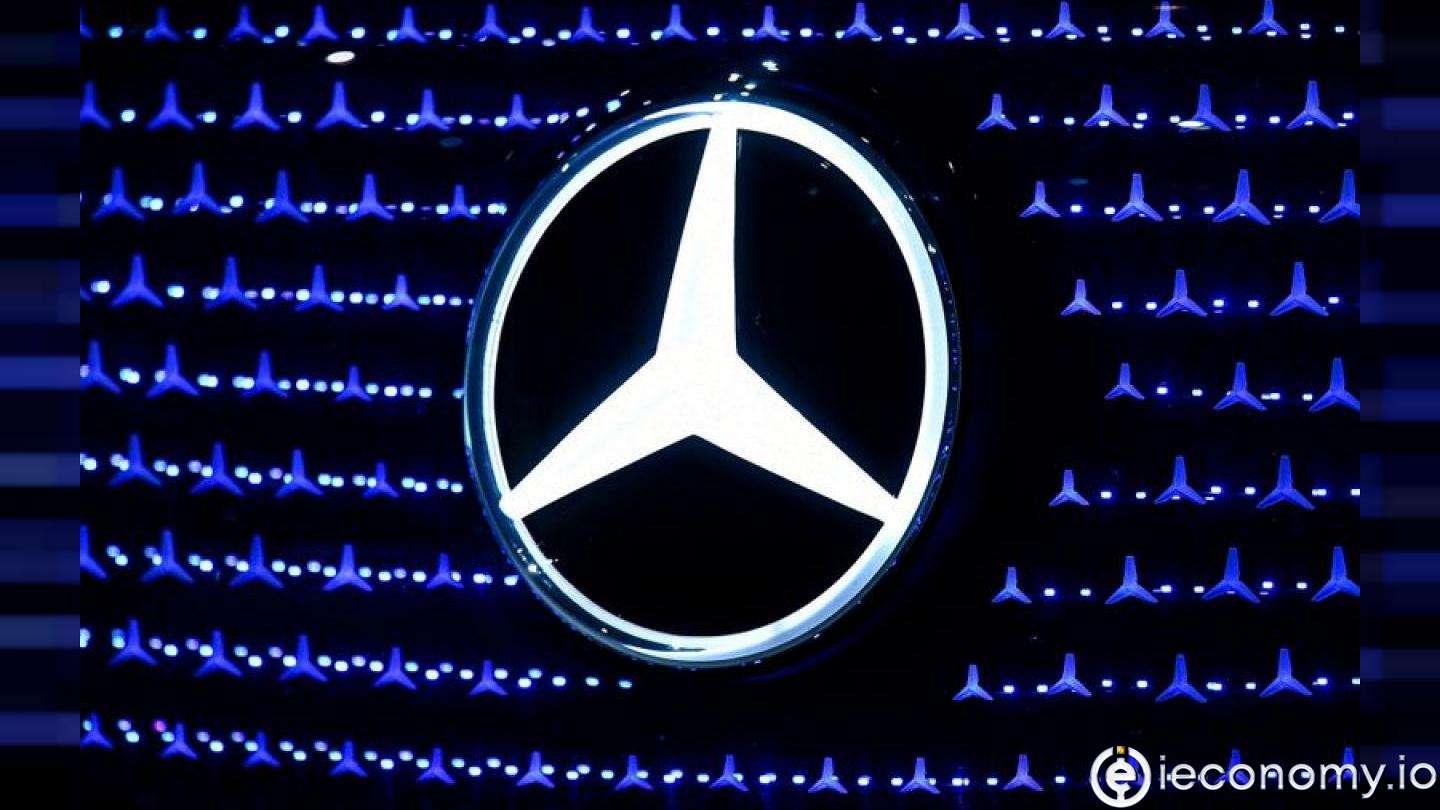10237
0
Daimler joins the battery cell alliance to supply its electric cars
Daimler joins the battery cell alliance of the large French corporations Stellantis and Totalenergies to supply its electric cars.

Yazar: Tom Roberts
Yayınlanma: 26 Eylül 2021 11:11
Güncellenme: 3 Mart 2026 10:26
Daimler joins the battery cell alliance to supply its electric cars
The car manufacturer Daimler joins the battery cell alliance of the large French corporations Stellantis and Totalenergies to supply its electric cars. "Together with ACC we will develop battery cells and modules in Europe and produce them efficiently - tailored to the specific requirements of Mercedes-Benz," said Daimler boss Ola Källenius. By 2030, Daimler wants to be able to sell only fully electric Mercedes-Benz cars, wherever market conditions allow. The Mercedes-Benz passenger car division will, according to the information, have equal shareholders in the Automotive Cells Company (ACC) with a third, as announced by the Stuttgart-based company. Mercedes wants to invest a total of less than one billion euros, including a mid three-digit million amount in the coming year. In addition, the Swabians want to contribute technology and production know-how. It was only in July that Daimler publicly decided to invest in battery cell plants itself in order to secure the supply of its future electric cars with batteries. Since then, Källenius has been looking for partners for the project to set up a production capacity of more than 200 gigawatt hours (GWh) of battery cells per year by the end of the decade. In mathematical terms, 200 gigawatt hours of cell capacity would be sufficient for 2.5 million current Mercedes EQC models, each with 80 kilowatt hours (kWh) of electricity storage. The alliance with the French auto giant Stellantis (Peugeot, Citroen, Opel, Fiat) and the oil company Totalenergies is part of these efforts. According to Daimler, ACC aims to produce at least 120 gigawatt hours of battery cells per year by the end of the decade. How much of this is intended for Daimler was initially not known. From the middle of the decade, ACC will supply Mercedes-Benz with battery cells and modules from factories in Germany and France. The total investment in ACC is expected to amount to more than seven billion euros.İLGİLİ HABERLER





European stocks soared and focus shifted to German retail sales after Powell's speech!

Forex Signal For TRY/USD: Inflation Slowdown in November.

Forex Signal For GBP/USD: Bullish Trend Still Not Breaking While Recovery Continues.

Forex Signal For EUR/USD: Starry US Data Points to Higher Fed Increases.

Forex Signal For BTC/USD: Downside Continues as Bitcoin Recovery Moves Less.
En Popüler Haberler
Yorum Yap
Yorumlar
Henüz yorum yapan yok! İlk yorumu siz yapın...